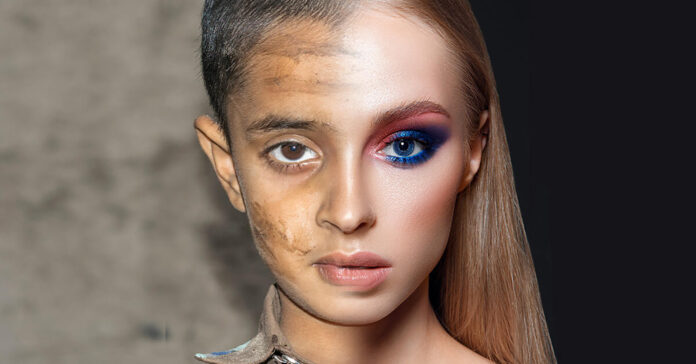
Child-focussed humanitarian and development agency World Vision Ireland, has warned that most glossy beauty products are likely to contain ingredients gathered by children in mines and on farms in low-income countries. Cruelty free products may not involve animal testing, but they are likely to include ingredients procured from child labour, according to World Vision’s latest report ‘The High Price of Beauty’.
After decades of progress, the numbers of child labourers who work to support their family or have been trafficked, forced, or coerced to work has been increasing since 2016. The child focused NGO is this week calling on supporters to lobby their governments and beauty companies for improved traceability and supply chain legislation, so that no child is giving up their childhood for dangerous mining or agricultural work.
Unless companies rigorously vet their supply chains, and governments expand social safety nets and school enrolment, it is likely 140 million children will still be in child labour in 2025.
“The suffering of children continues, while cosmetic companies continue to profit,6” said World Vision Ireland CEO Gillian Barnett. “This is a report based on research undertaken over a number of years at the behest of our global communications team. It highlights areas of desperate concern. Supply chains for both mined and agricultural products, for example, are often convoluted and difficult to trace, as products are imported and re-exported from multiple countries in different stages of the refinement process. Middlemen and large multinational cosmetic companies are profiting while children pay the price.”
RESPONSIBLE PROCUREMENT
An estimated 30 percent of ingredients in cosmetics are derived from either mined or agricultural commodities, and the growth of the natural beauty industry has seen an increased demand in agricultural inputs. World Vision Ireland and their global team believe that cosmetics buyers are in a position to pressure companies to procure responsibly and thereby help address the root causes of child labour.
The World Vision report reviewed the policies of the seven largest beauty companies in 2018, and again in 2022. This investigation saw progress in documentation of supplier standards, training, availability of hotlines, and audits. However, the same period also saw massive increases in children working to gather ingredients used in cosmetics such as cocoa, copper, mica and vanilla.











